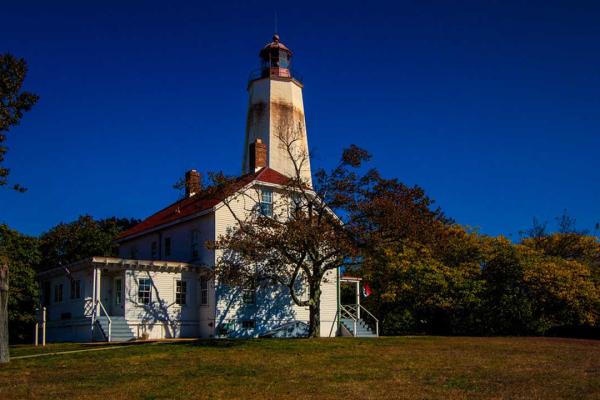New Jersey played a major role in the fight for independence, from Washington’s daring crossing of the Delaware River to the Battle of Princeton. Its location caused the Continental and British armies to clash on this ground repeatedly throughout the War for Independence.
-
The BlogBiographies
-
Videos

































































































